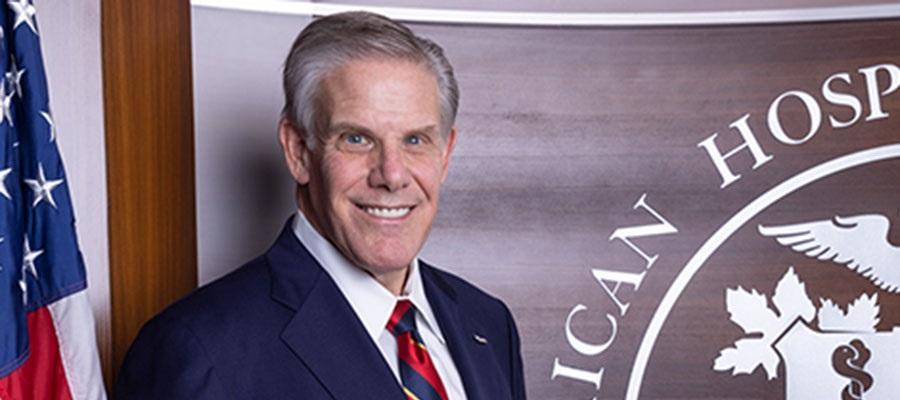Perspective

Perspective is a weekly blog from Rick Pollack, president and CEO of the American Hospital Association, that explores the most important issues facing hospitals and health systems.
From all of us at the American Hospital Association, best wishes for a happy, healthy and safe Thanksgiving.
For nearly 250 years, our courageous and selfless veterans have stood up for the nation’s defense, protecting their countrymen and America’s founding ideals at great personal cost.
Coverage is the gateway to access health services that can ensure healthier individuals, healthier families and healthier communities.
Older adults are living and working longer than any time in our history, redefining what life’s later stages look like.
While telehealth use has skyrocketed these last few years, our laws have not kept up.
All hospitals and health systems provide an oasis of care, compassion and healing to the patients and communities they serve.
Cyber criminals are probing the defenses of health care providers every second of every day. Health care continues to be the number one targeted critical infrastructure sector as bad actors attempt to breach patients’ private data, phish for sensitive information and attempt to extort ransomware…
As we move into fall and winter, we know the viruses that cause respiratory disease will usually circulate more heavily in communities. Already, the Centers for Disease Control and Prevention has said it expects this year to be similar to last year when we saw higher than normal numbers of…
As we’ve seen from recent media reports, Congress — and especially the House right now — continues to struggle to put together a plan to keep the government funded and avoid a potential shutdown that few want to see.
Hospitals are places of healing, health and hope. They strive to create safe spaces for the patients and communities they serve and the dedicated team members who work there each and every day.

